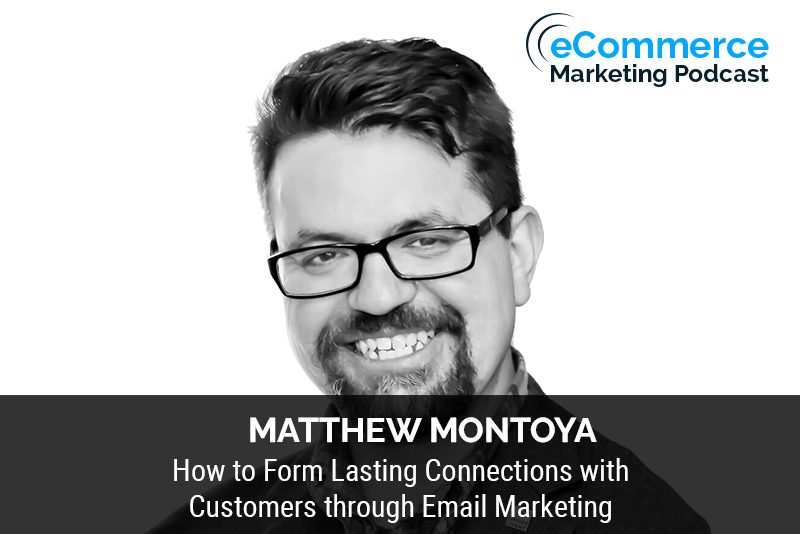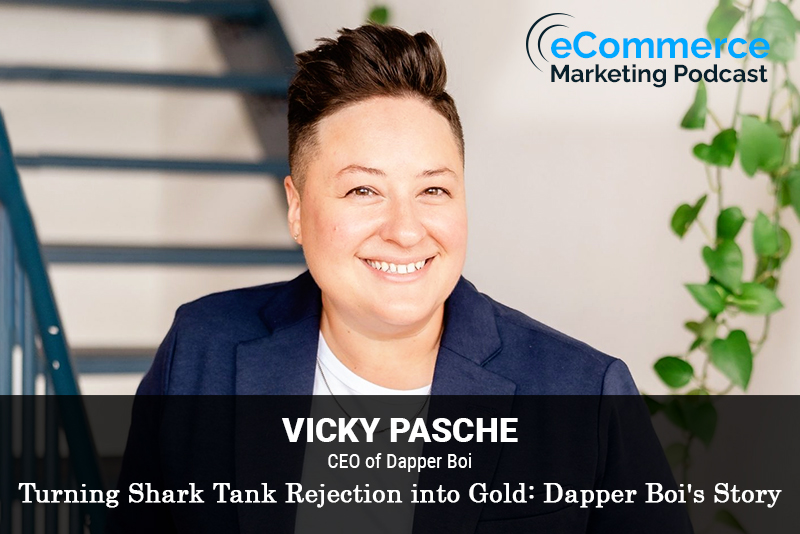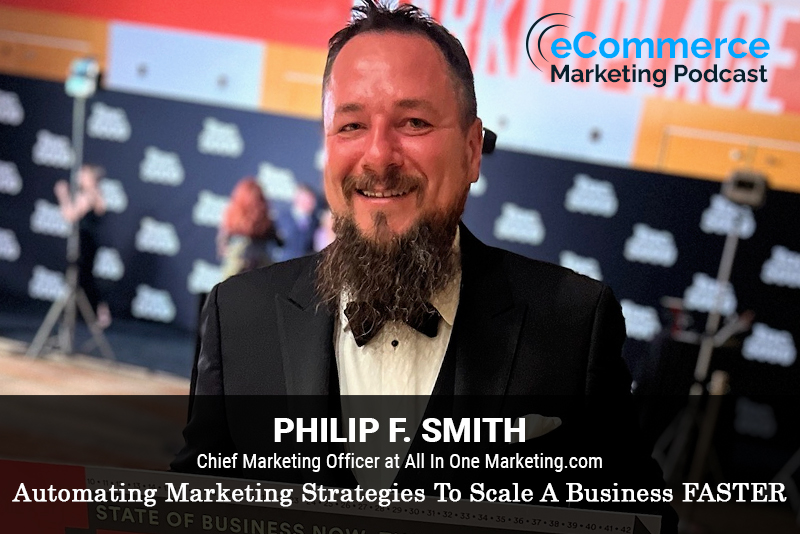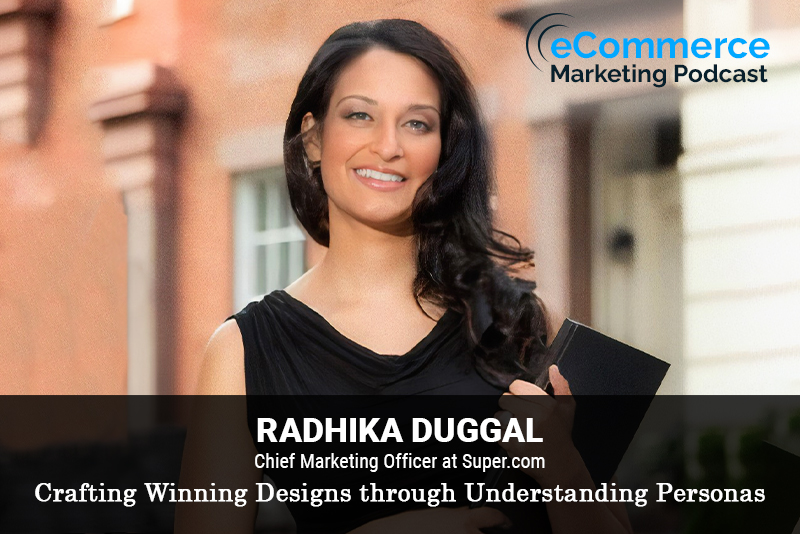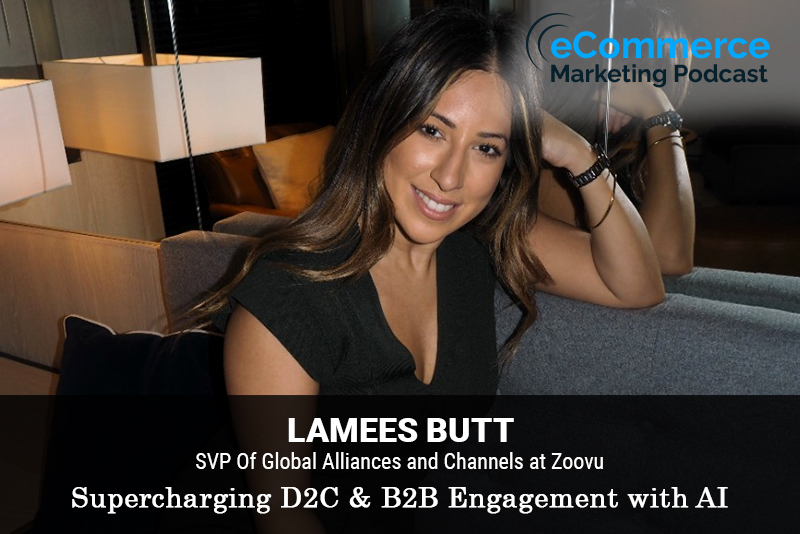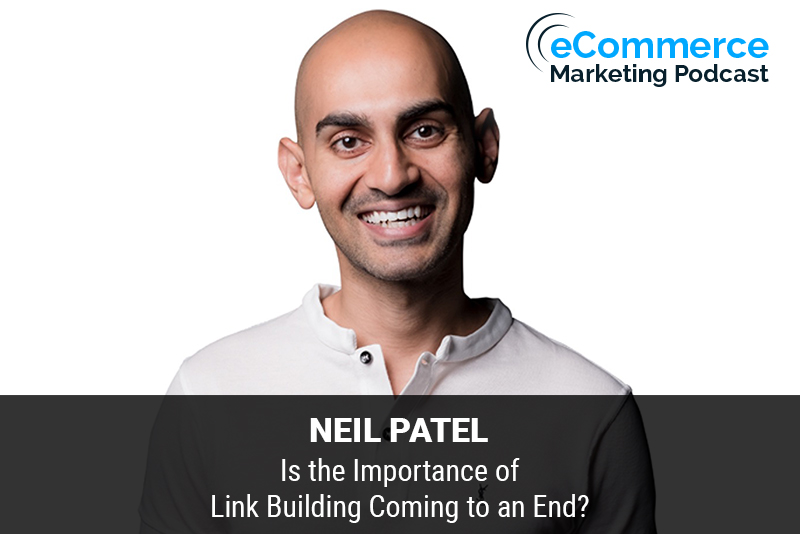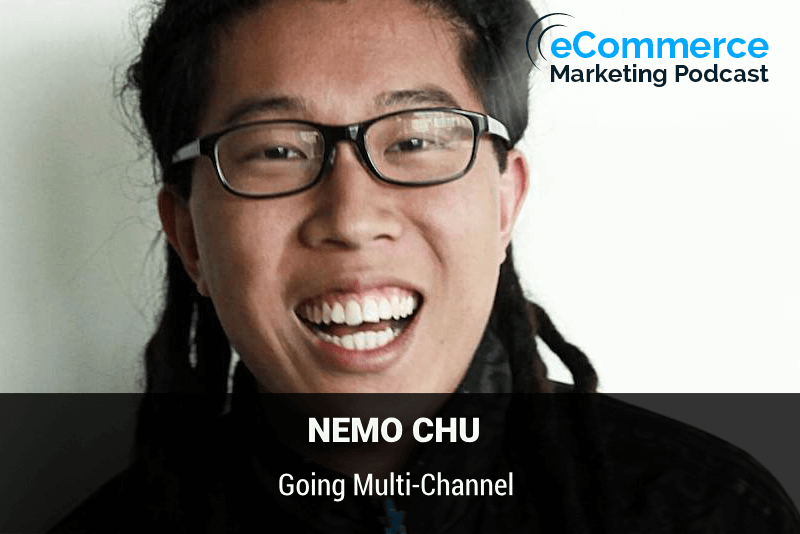
The eCommerce Marketing Podcast walks you through everything that goes into ecommerce marketing — from inbound marketing to paid advertising to conversions. Learn the strategies top marketing experts use to grow their businesses.
Marketing Strategies Revealed in this Episode:
- Why email marketing still more important than ever
- How does an ecommerce brand successfully coordinate social media campaigns with email marketing? And how can a brand successfully use social media to grow their email list?
- How does an ecommerce brand determine what content to use for an email marketing campaign?
- Companies that have some standout and effective email marketing campaigns that we can all learn from

Episode Title: Maximizing Email Marketing for eCommerce Growth with Matthew Montoya
Host: Arlen Robinson
Guest: Matthew Montoya, Channel Marketing and Enablement Manager at Constant Contact
In this episode, Arlen Robinson sits down with Matthew Montoya, an email marketing expert from Constant Contact, to discuss the importance of email marketing in today’s business landscape. With over 18 years of marketing experience and having helped thousands of small businesses and non-profits, Matthew shares his insights on how email marketing can drive growth, the synergy between email and social media marketing, and effective strategies for creating engaging email content.
Key Takeaways:
- Introduction to Matthew Montoya (00:20)
- Matthew’s extensive background in marketing and his journey with Constant Contact.
- The Relevance of Email Marketing Today (05:30)
- Despite the rise of social media, email marketing remains crucial due to its direct and personal nature.
- Coordinating Email and Social Media Campaigns (12:15)
- Using social media to identify popular content and driving traffic between social platforms and email campaigns.
- Generating Engaging Email Content (20:10)
- Leveraging FAQs, customer testimonials, sharing expertise, and collaborating with industry experts for content creation.
- Understanding the Sales Cycle (27:50)
- Balancing educational content with promotional offers to keep potential customers engaged throughout the sales cycle.
- Effective Email Marketing Strategies (35:20)
- Case study of NASA’s email marketing success and their use of multiple Constant Contact tools.
Matthew Montoya is the Channel Marketing and Enablement Manager at Constant Contact. With over 18 years of experience in marketing, he has helped over 13,000 small businesses and non-profits across the United States understand the impact of email marketing on growth and revenue.
Contact Matthew Montoya:
- Email: Visit Constant Contact’s Website
- LinkedIn: Matthew Montoya

